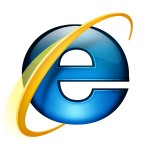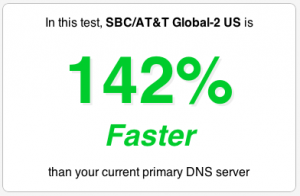New eBay fees raise prices yet again
eBay has recently announced new seller fee prices to take effect at the end of March. While they announced “lower insertion fees”, if you are selling something that sells for between $50 and $1500, your total fees will end up much higher.
The new fee structure will have no listing fees for the typical auction seller. The old way was usually $0.15. Both assume you start your auction at $0.99. The old final value fees had a tiered structure where you pay 8.75% for the first $25 and then 3.5% for $25-$1000 and so on. The new fees have a flat 9% final value fee but with a maximum of $50.
The following table shows how the total fees will change. It assumes you start your auction at $0.99.
| Sale Price | Old Fee | New Fee |
|---|---|---|
| $10 | $1.03 | $0.90 |
| $25 | $2.43 | $2.25 |
| $50 | $3.21 | $4.50 |
| $100 | $4.97 | $9.00 |
| $250 | $10.22 | $22.50 |
| $500 | $18.97 | $45.00 |
| $1000 | $36.47 | $50.00 |
| $1500 | $43.96 | $50.00 |
| $2000 | $51.46 | $50.00 |
So unfortunately, most items you sell will have much greater fees, especially around the sweet spot range of $100-$500 where fees are about double to triple what they were. eBay has done this before where they announced the lowering of insertion fees but in reality it is an increase in total fees.



 I used to tell people that the newest Internet Explorer 8 was safe enough. But recent events have changed my mind. The Chinese attacks on Google over Christmas were perpetrated using a vulnerability that exists in all versions of Internet Explorer. Microsoft still hasn’t fixed this.
I used to tell people that the newest Internet Explorer 8 was safe enough. But recent events have changed my mind. The Chinese attacks on Google over Christmas were perpetrated using a vulnerability that exists in all versions of Internet Explorer. Microsoft still hasn’t fixed this. When you go to any website, the browser first has to lookup where that site is located. This is done by connecting to a domain name server (DNS). There are many DNS options, not just the default of the ISP. Often other options are much faster. Most websites actually load content from various domains at once so each DNS request adds up in how fast your internet experience feels.
When you go to any website, the browser first has to lookup where that site is located. This is done by connecting to a domain name server (DNS). There are many DNS options, not just the default of the ISP. Often other options are much faster. Most websites actually load content from various domains at once so each DNS request adds up in how fast your internet experience feels.